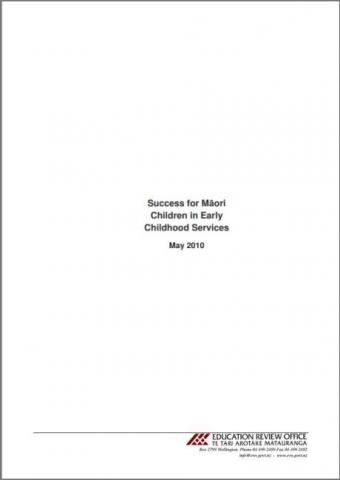ERO Insights - Issue 1 2020
Published: 25 Jun 2020
Insights Newsletter from Nicholas Pole, Te Tumu Whakarae mō te Arotake Mātauranga | Chief Executive and Chief Review Officer
- Audience:
- Academics
- Early learning
- Education
- Māori-medium
- Parents
- Schools
- Content type:
- News article
- Topics:
- COVID-19
- Learning
- Information and Communications Technology

